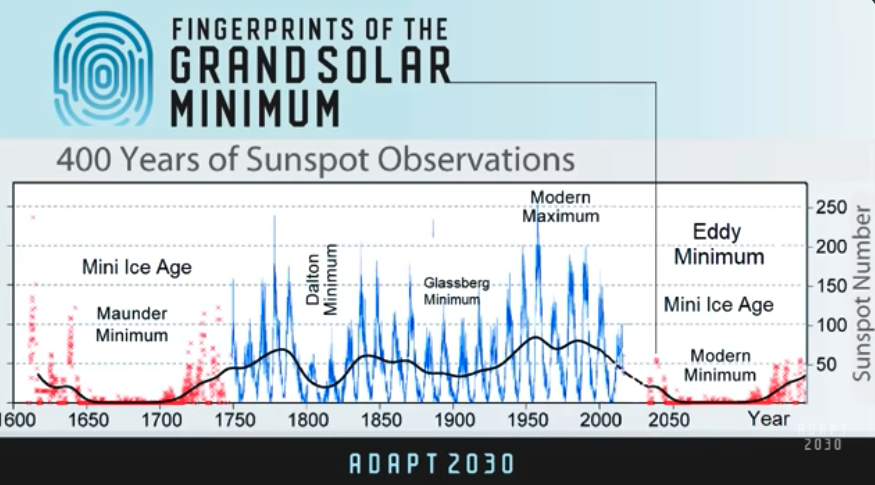We are in the middle of harvest season and this means we have ample time to sort things out. any problem will be next spring.
Yet the massive flood season has certainly wreaked plenty of production. So yes we expect adjustment to take place.
The good news is that they are buying inventory from the USA. They should be able to offeset losses by christmans.
Is China On The 'Brink' Of A Major Food Shortage?
by Tyler Durden
Sun, 09/06/2020 - 21:30
https://www.zerohedge.com/commodities/china-brink-major-food-shortage
China recently launched the "Clean Plate Campaign," which targets people wasting food, as speculation of a worldwide food shortage mounts.
President Xi Jinping has pushed new measures to curb food waste following the virus pandemic, calling those who live stream their eating experiences on social media as "shocking and distressing."
Jinping said China had to "maintain a sense of crisis about food security" amid the virus pandemic. The warning comes as the world's second-largest economy could soon face food shortages. Besides the virus-induced economic downturn disrupting food supply chains, there's been droughts, floods, and pests that are likely to result in poor harvests this year.
Chinese state news agency, the Global Times, downplayed the notion China is headed for a food crisis. Some restaurants in China have limited the number of dishes served to diners, while others have weighed customers before ordering.
Estimates show China wastes enough food to feed 30 to 50 million people per year, according to a study published by the Chinese Academy of Sciences and the World Wildlife Fund in China. The government's abrupt crackdown on food waste suggests a shortage could be nearing:
But the campaign [Clean Plate Campaign] has raised speculation China could be facing a food shortage, although state media outlets were quick to try and stop the panic of imminent food shortages, reporting that China had recently seen consecutive bumper grain harvests and record high grain output.
As living standards have raised, so has consumption. Obesity levels have soared and China was estimated to waste enough food in a year to feed a country the size of South Korea.
But with the pandemic already cutting consumption levels, China's options to quell any shortages domestically were limited.
Subsidising production could fall foul of World Trading Organisation rules which could heighten tensions with the US.
This would mean China, already the world's largest importer of food, would need to look to increase imports to meet demand.
This could then have a ripple effect on prices all around the globe. -Farmers Guardian
Adapt 2030's David DuByne offers an alternative view of what could be causing weather disruptions that are pressuring worldwide food supply chains. He said the reduction in the Sun's energy output over the coming solar cycles will have profound changes on the Earth's climate and may result in poorer harvests.
DuByne said, "food production globally" won't be able to feed everybody and already cracks in food supply chains are showing up in China...
China now admits there is a food crisis and the same week the US agricultural department begins to buy surplus crops from farmers to stock food banks. Cosmic rays are increasing to levels not measured since the Dalton Minimum in 1810. -DuByne
Readers may recall the United Nations warned in late Aug. that billions of dollars in emergency funds are needed to prevent an emerging "famine of biblical proportions" that threatens much of the world.
Food shortages would ultimately result in soaring food price inflation. Something that would make the Federal Reserve excited, considering its new shift in monetary policy, has paved the way for inflation to run well above the 2% target. As we pointed out in 2011, the Fed has argued that rising food prices are not a concern considering technology prices are becoming cheaper.
As we explained in 2014, the cost of living is getting a lot more expensive for households. Take a low-income household with folks working low-wage-paying jobs; years of rising food, shelter, education, and healthcare costs, have left them in a precarious situation of no savings and insurmountable debts.
And the one thing central bankers cannot print is food - if shortages in China and or elsewhere become more serious, resulting in out of control spikes in food prices as the virus pandemic and economic downturn continues, then there's going to be a lot of hangry people around the world. It's only then when the next round ofgovernments and central bankers, as they realize "you can't eat an iPad."

No comments:
Post a Comment